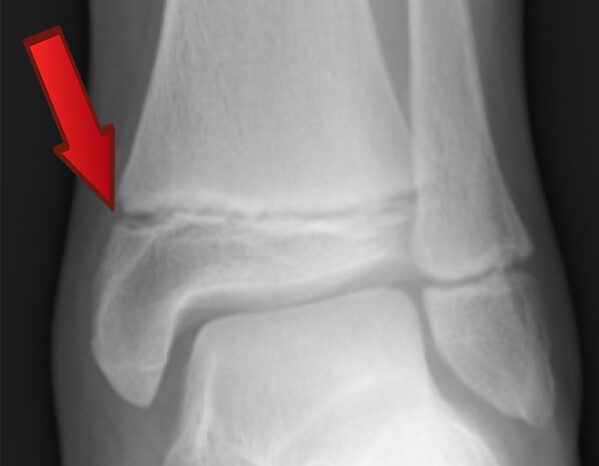It shouldn’t be a suprise to anyone that refined sugar is bad. It comes in various forms such as regular table sugar, high fructose corn syrup and cane sugar. While the names may sound different, all are equally bad for a healthy weight. But what does sugar have to do with the skin?
There are two processes that are thought to be negatively affected by sugar intake. The first concerns pimples, the latter one skin aging. A new study concerning the second issue has just emerged.
In July 2024, researchers at UC San Francisco identified a connection between consuming a diet rich in vitamins and minerals, particularly one low in added sugar, and maintaining a younger biological age at the cellular level. They investigated how three different measures of healthy eating influenced an “epigenetic clock” – a biochemical test that can estimate both health and lifespan – and found that the healthier people’s diets were, the younger their cells appeared. Notably, even in those who ate healthily, each gram of added sugar was associated with an increase in their epigenetic age.

“The diets we examined align with existing recommendations for preventing disease and promoting health, and they highlight the potency of antioxidant and anti-inflammatory nutrients in particular,” said Dorothy Chiu, PhD, a postdoctoral scholar at the UCSF Osher Center for Integrative Health and lead author of the study, which was published on July 29 in JAMA Network Open.
This study is among the first to establish a link between added sugar and epigenetic aging, offering further insight into why sugar is so harmful to health, according to co-senior author Elissa Epel, PhD, a UCSF professor in the Department of Psychiatry and Behavioral Sciences. “We knew that high levels of added sugars are linked to worsened metabolic health and early disease, possibly more than any other dietary factor,” Epel explained. “Now we know that accelerated epigenetic aging is underlying this relationship, and this is likely one of many ways that excessive sugar intake limits healthy longevity.”
Women in the study reported an average daily consumption of 61.5 grams of added sugar, though the range varied widely from 2.7 to 316 grams. For context, a bar of milk chocolate contains about 25 grams of added sugar, while a 12-ounce can of cola has around 39 grams. The U.S. Food and Drug Administration recommends that adults limit their intake of added sugar to no more than 50 grams per day.
In a cross-sectional study, researchers analyzed food records from 342 Black and white women with an average age of 39 years from Northern California. They then compared these diets to epigenetic clock measures derived from saliva samples.
The researchers evaluated the women’s diets against a Mediterranean-style diet, known for being rich in anti-inflammatory and antioxidant foods, and another diet associated with a lower risk of chronic disease. Finally, they compared the diets to a measure they developed called the “Epigenetic Nutrient Index (ENI),” which is based on nutrients—rather than specific foods—linked to antioxidative or anti-inflammatory processes and DNA maintenance and repair. These nutrients include Vitamins A, C, B12, and E, folate, selenium, magnesium, dietary fiber, and isoflavones.
Adherence to any of these diets was strongly correlated with a lower epigenetic age, with the Mediterranean diet showing the strongest connection. The researchers also examined sugar intake separately and found that consuming foods with added sugar was linked to accelerated biological aging, even when the overall diet was otherwise healthy.
“Given that epigenetic patterns appear to be reversible, it may be that eliminating 10 grams of added sugar per day is akin to turning back the biological clock by 2.4 months, if sustained over time,” said co-senior author Barbara Laraia, PhD, RD, a UC Berkeley professor in the Food, Nutrition and Population Health program. “Focusing on foods that are high in key nutrients and low in added sugars may be a new way to help motivate people to eat well for longevity.”
Source: https://jamanetwork.com/journals/jamanetworkopen/fullarticle/2821611











Leave a Reply